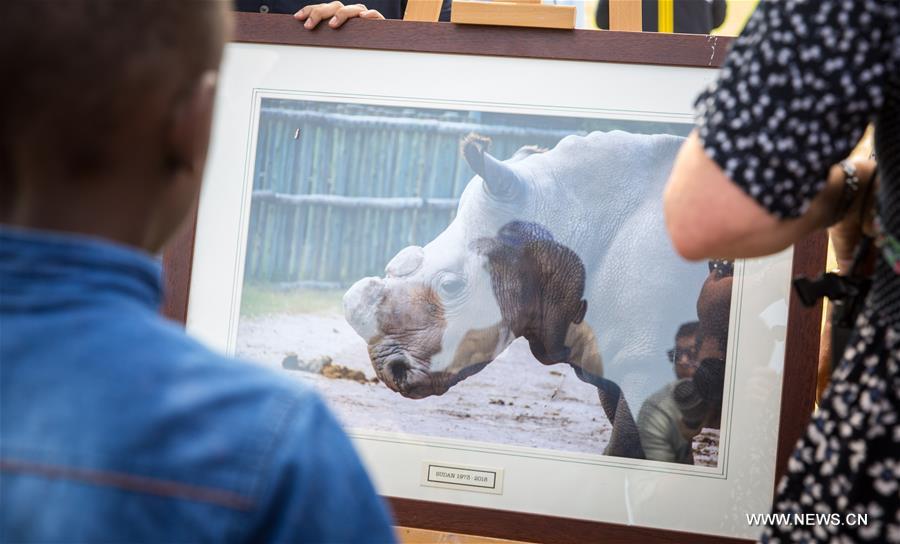As direct-to-consumer (DTC) genetic testing services are growing in popularity, a new study calls into question their accuracy, and advises consumers to go to clinics for more professional tests.
Researchers from Ambry Genetics - a traditional clinical diagnostic company - indicated that up to 40 percent of "variants in a variety of genes reported in DTC raw data were false positive," according to the study published on Nature magazine.
Those false-positive results could result in significant implications for an individual, including unnecessary stress, medical procedures, and testing of family members, according to the study.
DTC genetic tests are advertised and sold directly to the public, promising to offer information about one's ancestry, risks of certain diseases, and other non-phenotypic traits, such as eye color.
The proliferation of DTC companies increases the general population's access to genetic testing, but their accuracies are of no match for clinical diagnostic genetic tests, according to the study.
Many of the DTC genetic testing laboratories use a form of single-nucleotide polymorphism genotyping array for their assay. This particular methodology is analogous to spot checking an individual's DNA with coverage at only specific preselected sites.
This method, according to the article, is neither comprehensive nor accurate.


















































